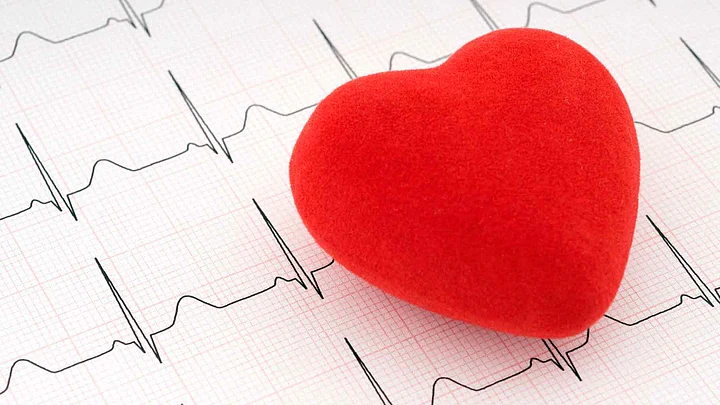The so-called ‘good’ cholesterol hasn’t lived up to its expectations.
A surprising new study by the Cambridge University, has shown that for some people who are unlucky in the genetic pool, good cholesterol can be bad news - it does not help in scooping out the damaging bad cholesterol from the bloodstream and can raise the risk of heart disease by 80%!
For quite some time there has been evidence that increasing ‘good’ cholesterol levels is not necessarily helpful in preventing heart disease, however, in this new study researchers put together the complicated puzzle of dietary cholesterol, at least for people with a particular genetic quirk.
To understand, you must first fully know why is cholesterol called good and bad.
What We Know About Cholesterol That We Didn’t a Decade Back
Good cholesterol earned its name because it is supposed to be a measurement of how much of the waxy-artery-clogging stuff it shuttles to the liver to dispose.
For decades we’ve been told to avoid foods high in LDL (bad) cholesterol, that’s fried food, lard, bacon, and to eat lots of nuts, fish, olive oil, avocados, because they increase the HDL (good cholesterol).
The truth is far more complicated than that.
In this study, researchers analysed nearly 1.5 lakh people with mutation in the gene called SCARB1. This genetic snag happens in about one in every 1,500 individuals and it heightens the good cholesterol in these people. Which should be a good thing, you’ll argue.
Not always.
Scientists found out that mutations in this gene was preventing HDL from dumping the fat it had collected to the liver for processing. This raises the risk of heart disease by a massive 80% - that is roughly the same increased risk for smoking.
Clearly, the link between heart health and cholesterol is a weak one.
This is significant because we had always believed that good cholesterol is associated with a lower risk of heart disease. This is one of the first studies to show that some people that have high levels of ‘good’ cholesterol actually have a higher risk of heart disease, so it challenges our conventional wisdom about whether ‘good’ cholesterol is protecting people from heart disease or not.Professor Adam Butterworth, Co-researcher
To be clear - on an average, for most people, higher HDL cholesterol levels are associated with a lower risk of heart disease. But that does not imply that higher HDL will always be protective.
Related Read: Is Dietary Cholesterol Really the Villain It’s Made Out To Be?
Clinical Implications of This Study
If you think cholesterol is the enemy, think again. It is a known fact that pharmaceutical marketing around the benefits of statins has got much to do with the misconceptions around dietary cholesterol. Doctors say that without cholesterol we would die. In fact, people with the lowest cholesterol are at the highest risk of death.
Scientists have only now found that the mutation in one gene could increase the heart attack risk by increasing the HDL. What if there were other mutations that nudge the body’s ability to handle cholesterol one way or the other?
The bigger question then – will these findings dissuade doctors from prescribing HDL-raising drugs to treat heart disease? Nearly a dozen studies have shown that these drugs simply don’t work.
Simply put, cholesterol is a weak indicator of heart diseases - so if your doctor puts you on these controversial HDL-enhancing drugs or even statins, question them about getting a genetic screening for the SCRAB1 gene. As for the claim that that there’s such a thing as ‘good cholesterol’, the term is set to go down the trash of medical science.
(At The Quint, we question everything. Play an active role in shaping our journalism by becoming a member today.)
